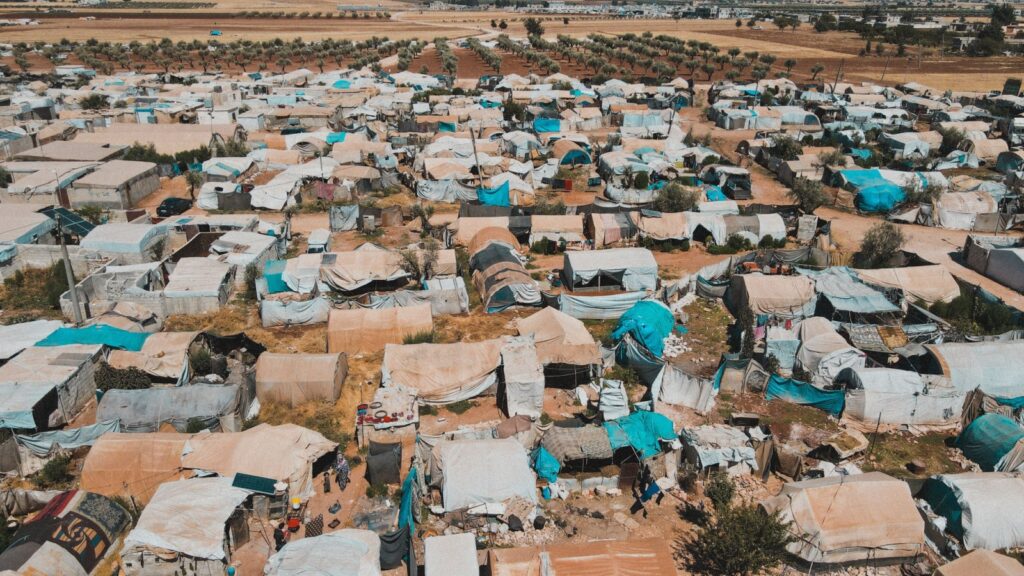Canada’s reputation rests on kindness: The friendly neighbour, the peacekeeper, the nation that says “sorry” before anyone else speaks. But beneath that politeness lies precision. Where others shout, we steady the tone. Where others threaten, we offer tea, and then win the argument anyway. Our charm is strategic. Here are 19 moments our kindness had razor blades.
Lester B. Pearson’s Suez Solution (1956)
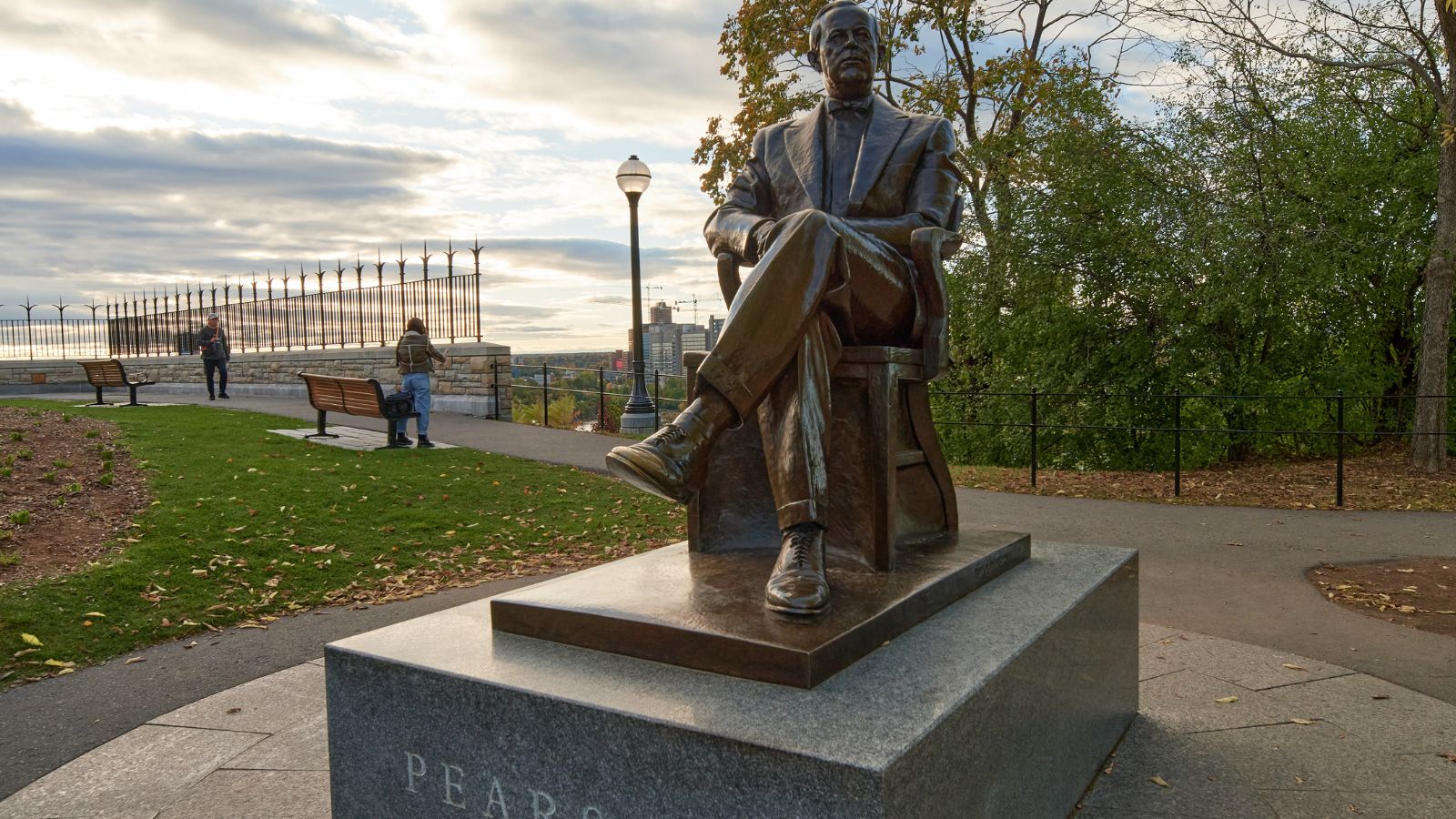
When Britain, France, and Israel invaded Egypt, global outrage followed. Canada, caught between allies, responded not with outrage — but with innovation. Lester B. Pearson proposed an international peacekeeping force through the UN, cooling tempers without humiliating anyone. It was diplomacy disguised as empathy — the calm voice in a room of chaos. Pearson’s plan restored order, saved reputations, and earned Canada the Nobel Peace Prize. That moment defined our foreign identity: polite but piercingly effective.
Canada’s Quiet “No” to Iraq (2003)
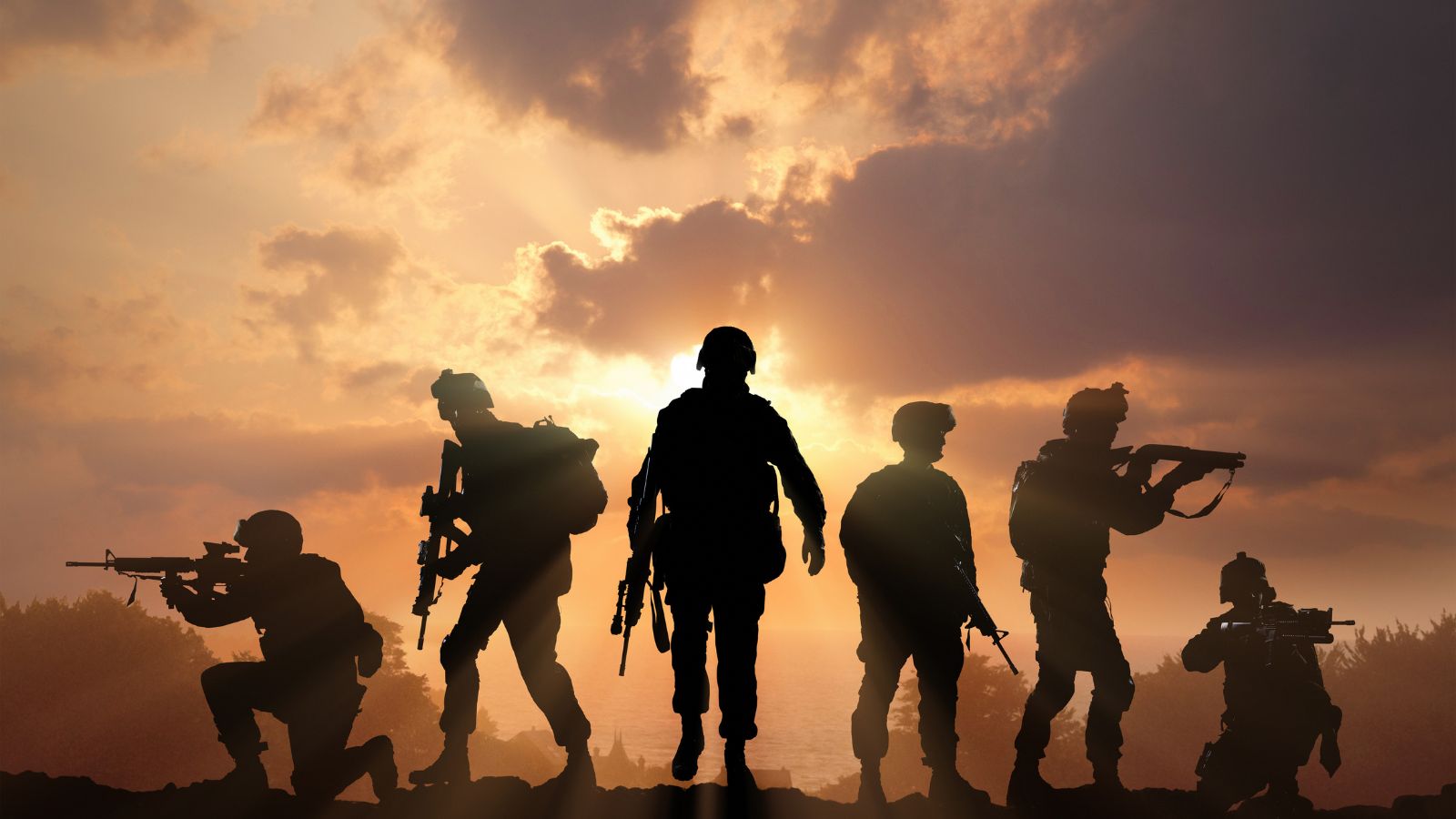
While major allies marched into Iraq, Canada hesitated — then refused. Prime Minister Jean Chrétien framed it softly: we’d support the UN, not unilateral war. The decision was polite but defiant. Critics called it timid; history called it wise. The stance preserved credibility when evidence collapsed and chaos spread. Canada didn’t pound the podium — it simply stepped aside, dignity intact. The world saw calm restraint; underneath was razor-sharp conviction. Sometimes, the bravest word in global politics is a quiet “no.”
The Summit Series — Diplomacy on Ice (1972)
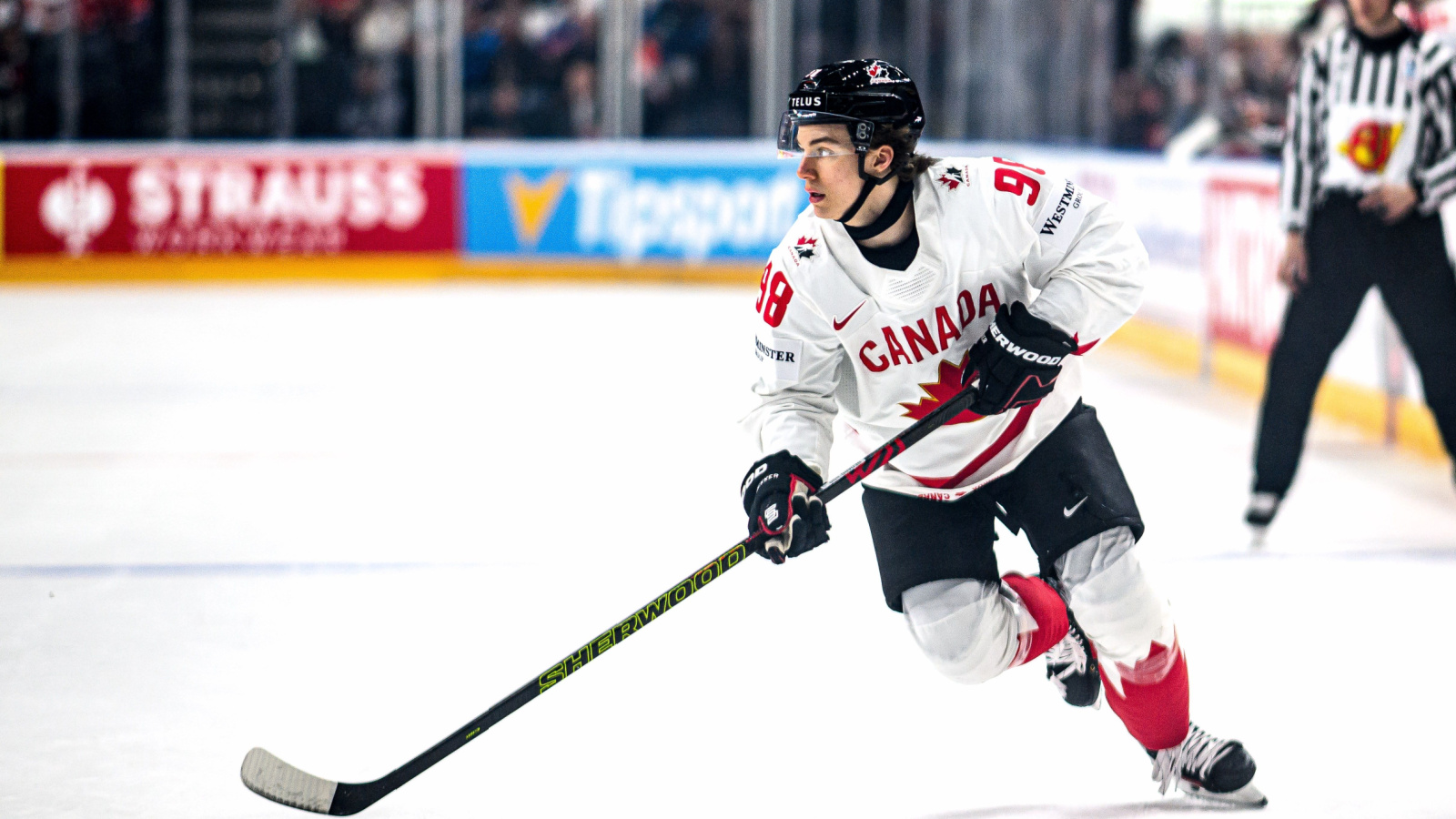
Canada’s hockey players entered the 1972 Summit Series expecting victory, not a Cold War crucible. Facing the Soviet Union’s precision, they met pressure with resilience — not rage. Each handshake, each anthem, carried political weight. Canadians played hard, hit harder, and still kept the code of respect intact. Paul Henderson’s goal wasn’t just a win; it was a statement — that sportsmanship and strength can coexist. The Soviets brought ideology; Canada brought integrity.
Canada’s Role in Ending Apartheid (1980s–1990s)
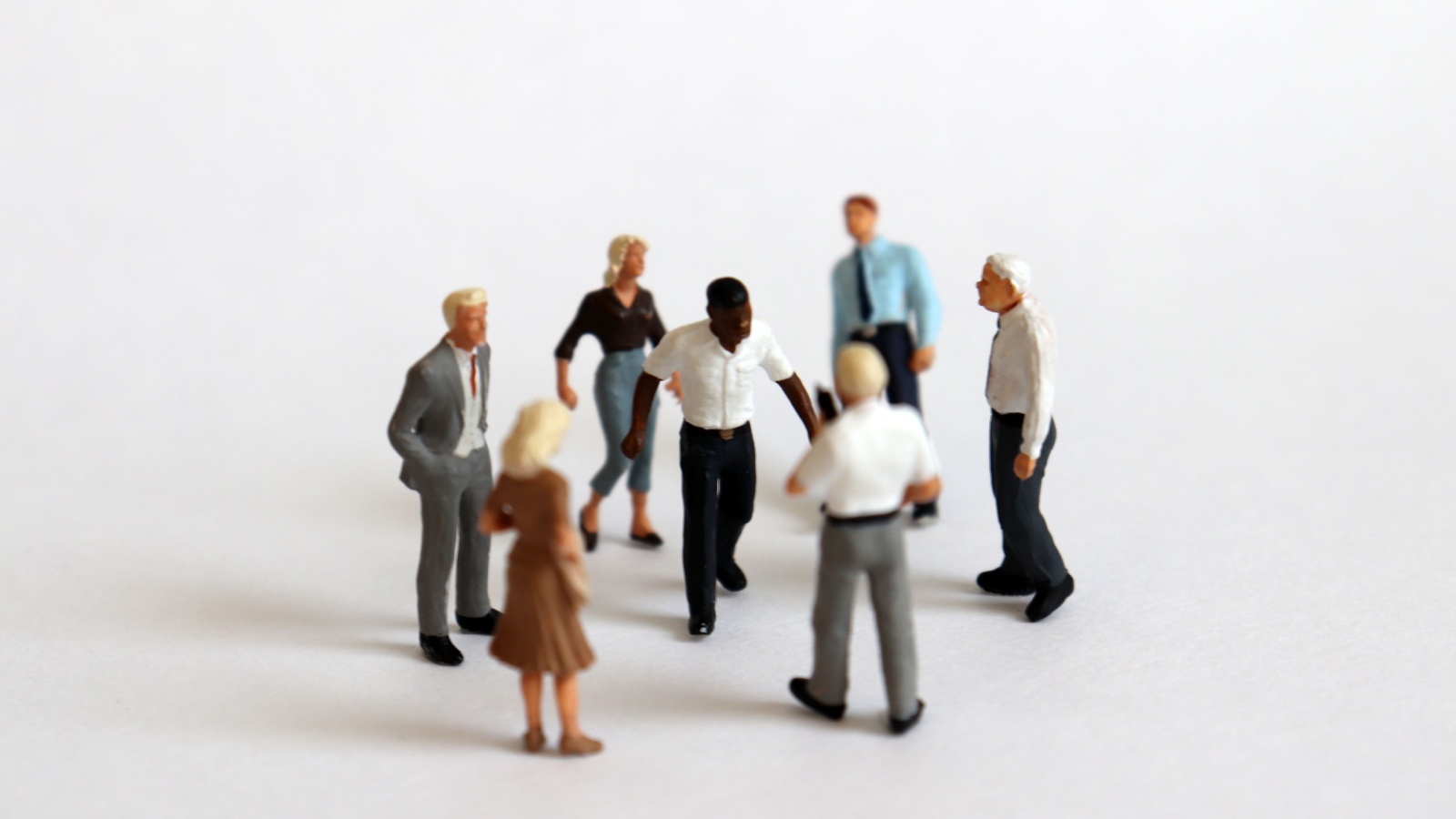
While larger powers hesitated, Canada quietly pushed for sanctions and reform in South Africa. We didn’t shout; we lobbied, negotiated, and built consensus. Prime Minister Brian Mulroney’s government urged Commonwealth allies to isolate Pretoria — politely, persistently, effectively. Canada’s moral stance irritated some allies but inspired others. Nelson Mandela later thanked Canada personally. Our diplomacy was velvet — but unyielding. We didn’t threaten; we persuaded until resistance dissolved.
The Syrian Refugee Response (2015–2016)
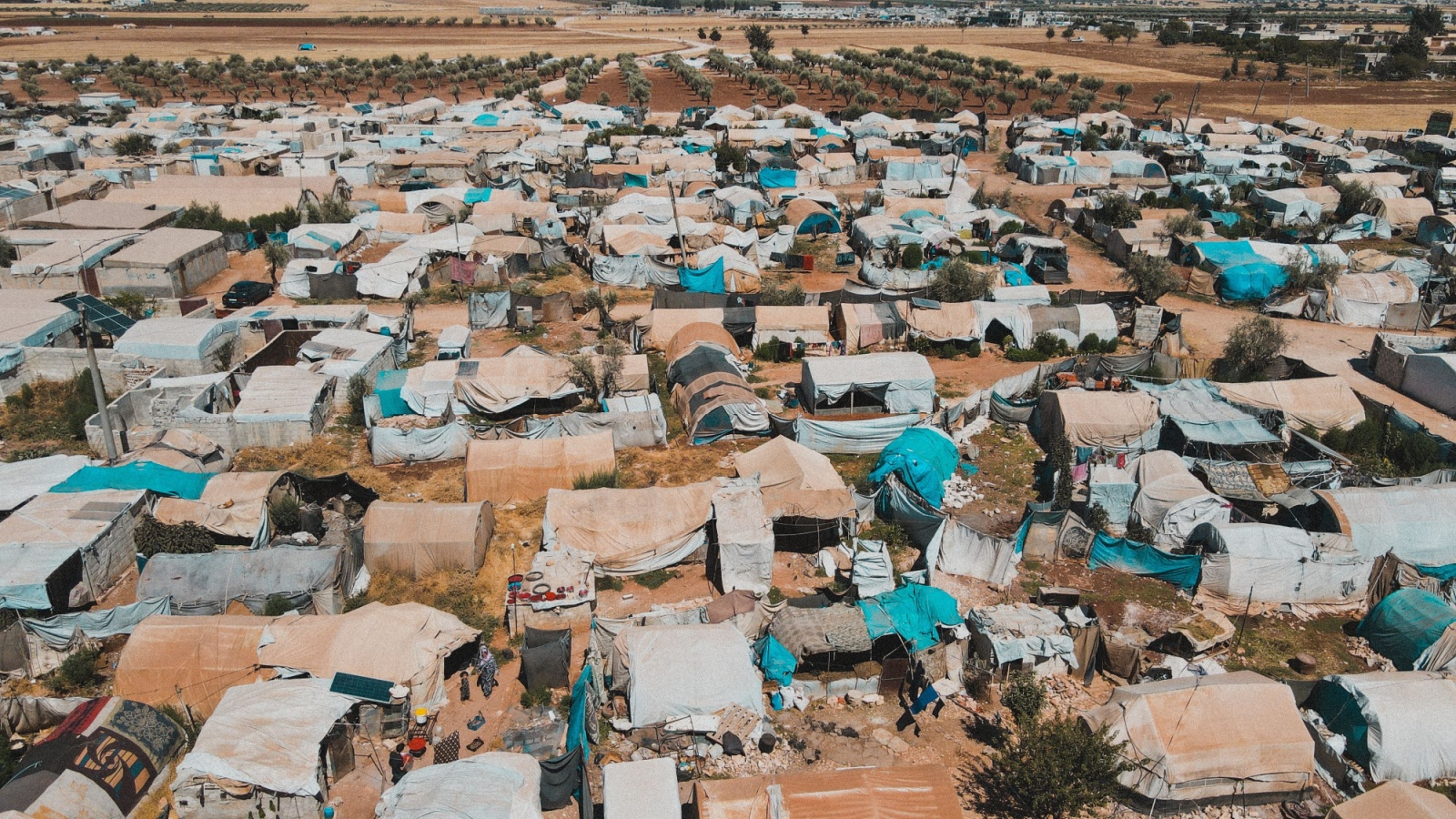
While others debated border fears, Canada acted — quietly, compassionately, decisively. Thousands of Syrian refugees arrived to airports where strangers held “Welcome Home” signs. No grand speeches, no panic — just logistics and humanity. Families were met with winter coats, hot meals, and volunteers who showed up before dawn. The message wasn’t political; it was moral. The world watched, surprised by how calm leadership could look.
The “Polite” NAFTA Renegotiations (2018)
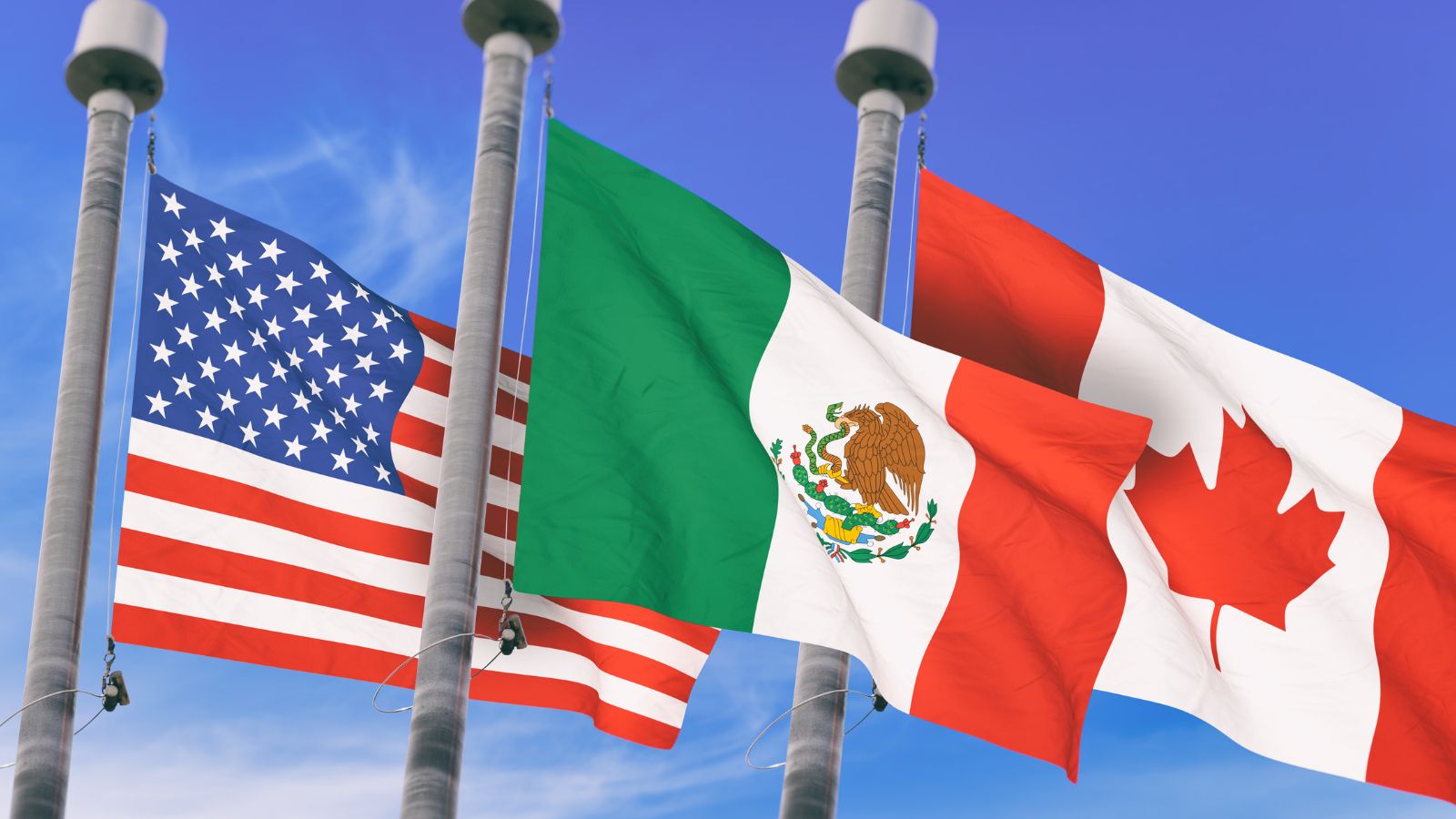
When the U.S. demanded renegotiation of NAFTA, Canada responded with diplomacy that felt disarming — and deliberate. Foreign Minister Chrystia Freeland smiled through threats, countered calmly, and held firm behind closed doors. She thanked opponents publicly, outmanoeuvred them privately, and left the table with key protections intact. Commentators called it “steel under silk.” The tone never wavered, the message never softened. Canada proved politeness can be power when paired with preparation.
The Maple Leaf in Afghanistan (2001–2011)
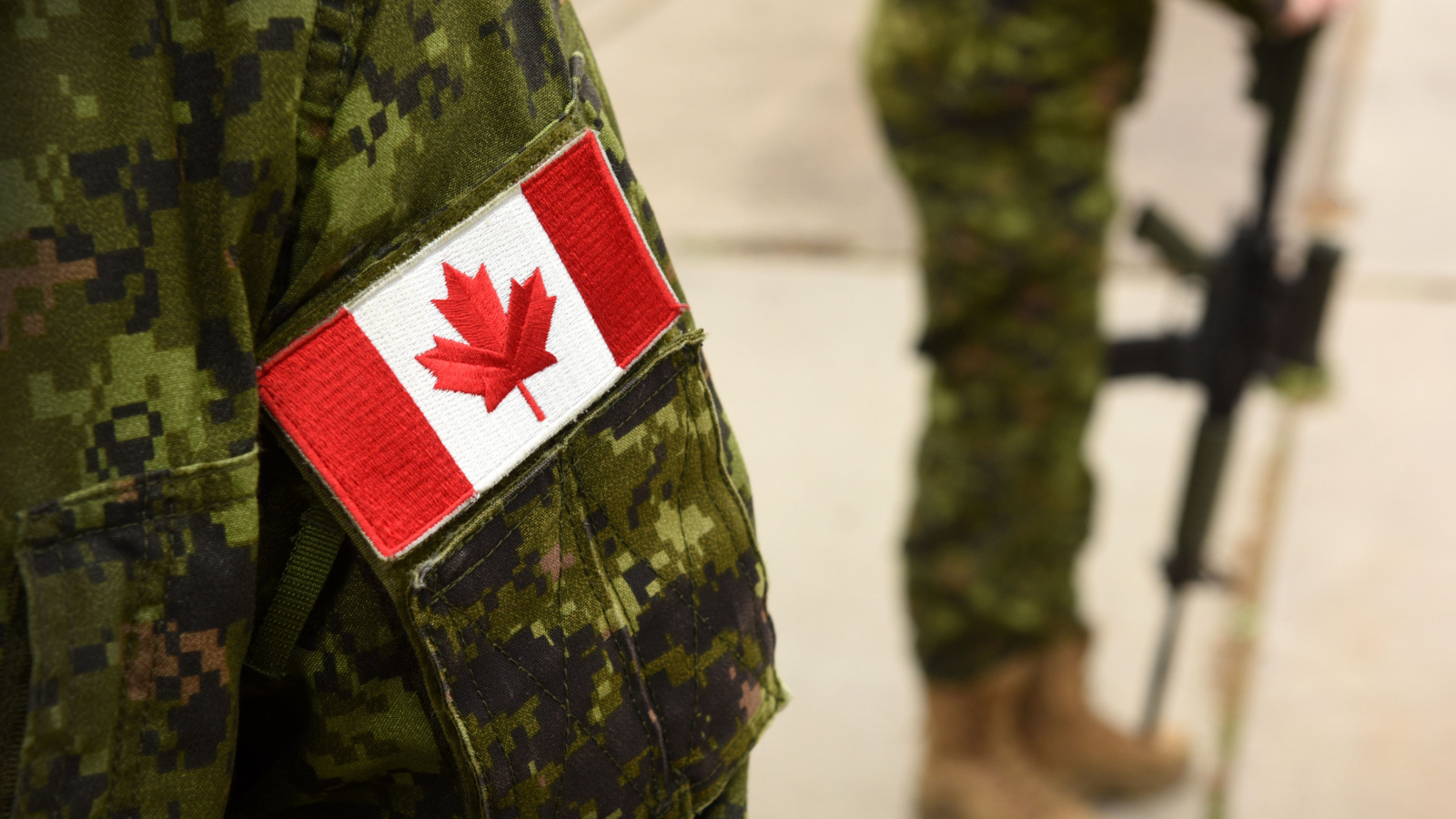
Canada’s mission in Afghanistan blended compassion with courage. Our soldiers built schools, dug wells, and fought fiercely when needed — all under a flag known for peace. The duality was striking: medics and infantry working side by side, earning respect from locals and allies alike. Canadians were remembered for fairness, for humour, for decency under fire. In a war of slogans, we brought sincerity.
The Hockey Handshake Tradition
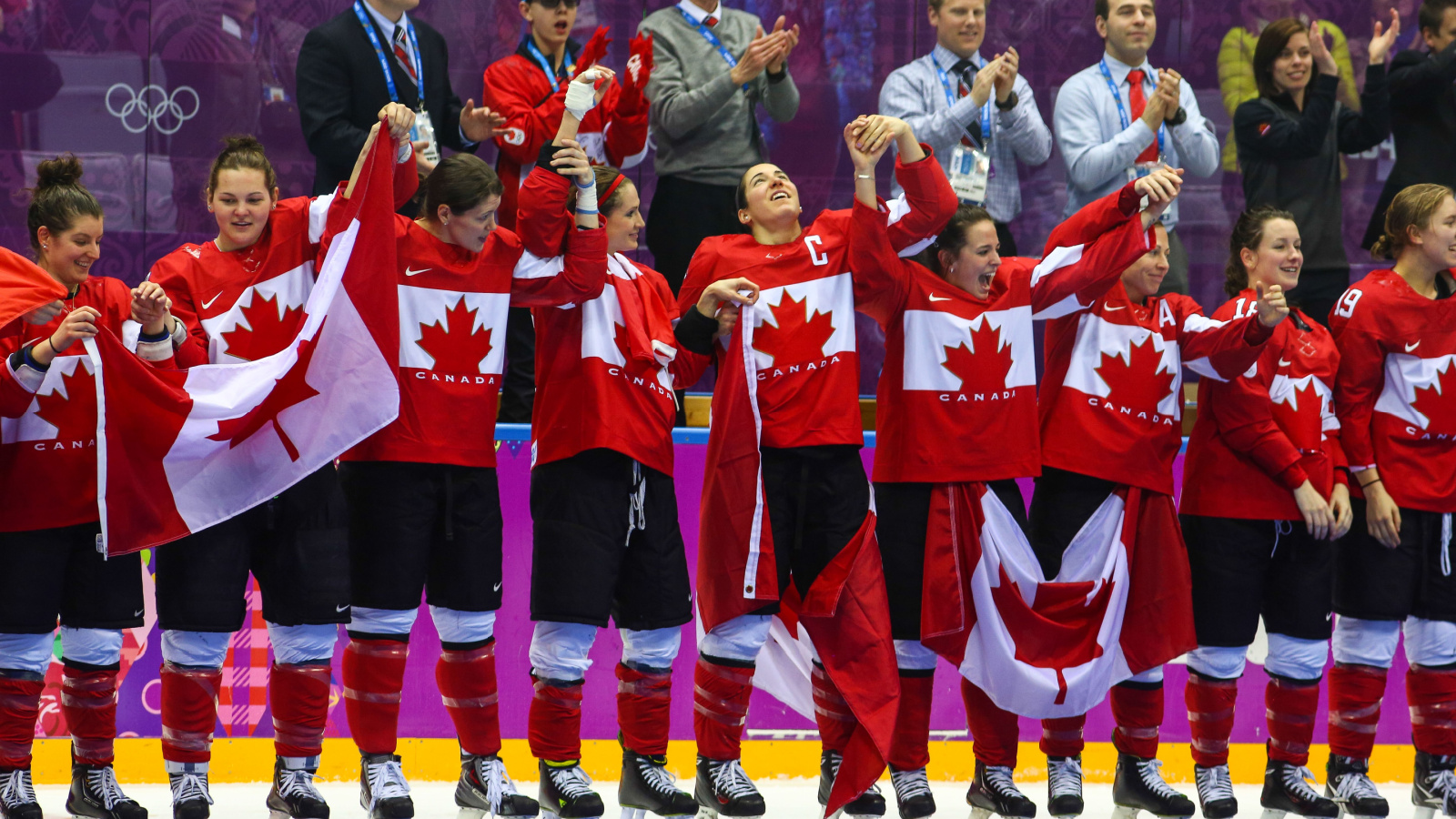
After every playoff war, Canadian players line up and shake hands — bruised, bleeding, but honouring the code. It’s the nation’s most symbolic ritual of restraint. That gesture, exported worldwide, redefined sportsmanship across cultures. Hockey may be violent, but Canada taught it to end with dignity. In a world obsessed with victory laps, Canada’s post-battle courtesy remains one of its sharpest lessons in grace.
Pearson’s Peacekeeping Legacy (UN Blue Helmets)
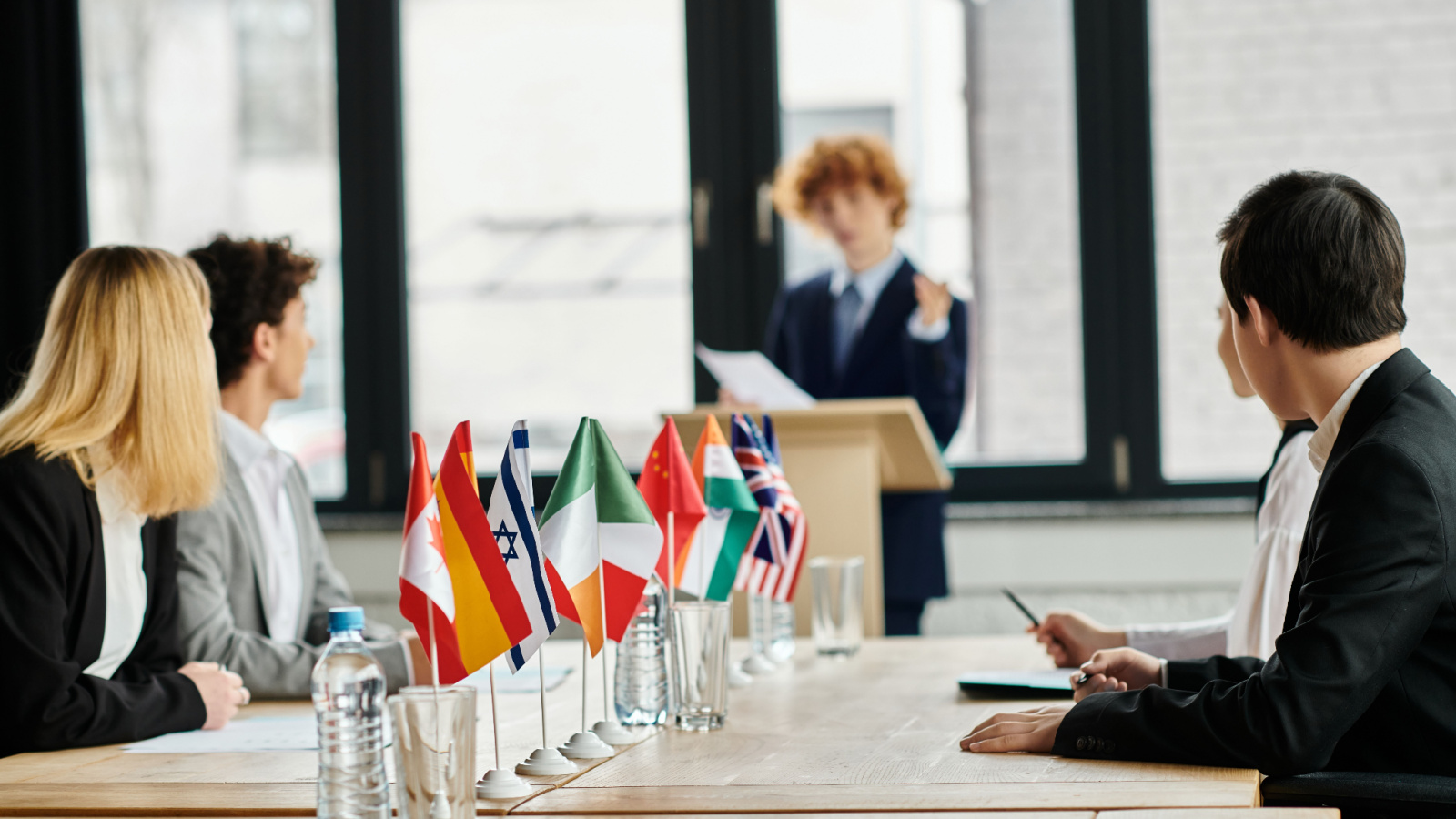
The world adopted Canada’s idea of “armed peace” — troops who stand between enemies instead of behind one. The first UN peacekeepers carried rifles and restraint in equal measure. Their mission was protection, not dominance. That paradox — disciplined gentleness — became our global trademark. Canadian officers led quietly, earning respect without spectacle. Over time, the “blue helmet” became a global emblem of measured might. Pearson didn’t invent peace; he institutionalized it, forever tying kindness to command.
The 2018 Saudi Arabia Human Rights Tweet

It started with a single tweet: a polite call for the release of detained activists in Saudi Arabia. The kingdom erupted, freezing trade and expelling diplomats. Canada didn’t apologize — it clarified, respectfully. The message was simple: human rights aren’t negotiable, even when oil is. The backlash only amplified the point. Canada’s soft tone carried moral precision sharper than outrage. We didn’t insult; we insisted. In an age of bluster, quiet conviction cut deeper than noise.
Canada’s Role in the Iran Hostage Crisis (1979–1980)
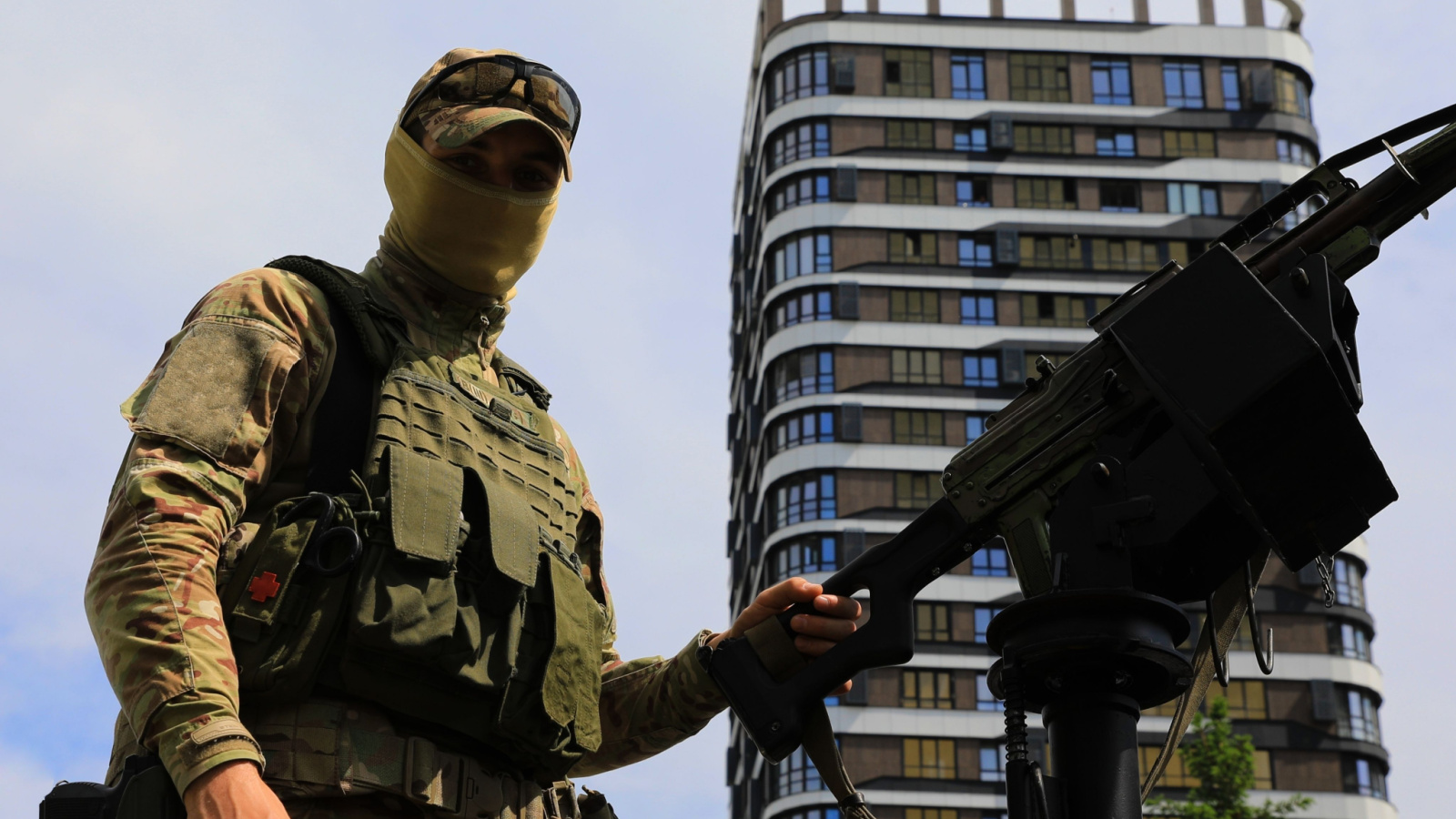
When American diplomats were trapped in Tehran, Canada didn’t boast — it planned. Ambassador Ken Taylor quietly sheltered six Americans under fake Canadian identities. No threats, no theatrics, just composure and courage disguised as courtesy. Ottawa coordinated passports, logistics, and an escape plan worthy of fiction. When “The Canadian Caper” succeeded, the world cheered our decency — unaware of its daring. It was diplomacy at its finest: quiet, cooperative, flawlessly executed.
Trudeau’s Calm Leadership After U.S. Tariffs (2018)
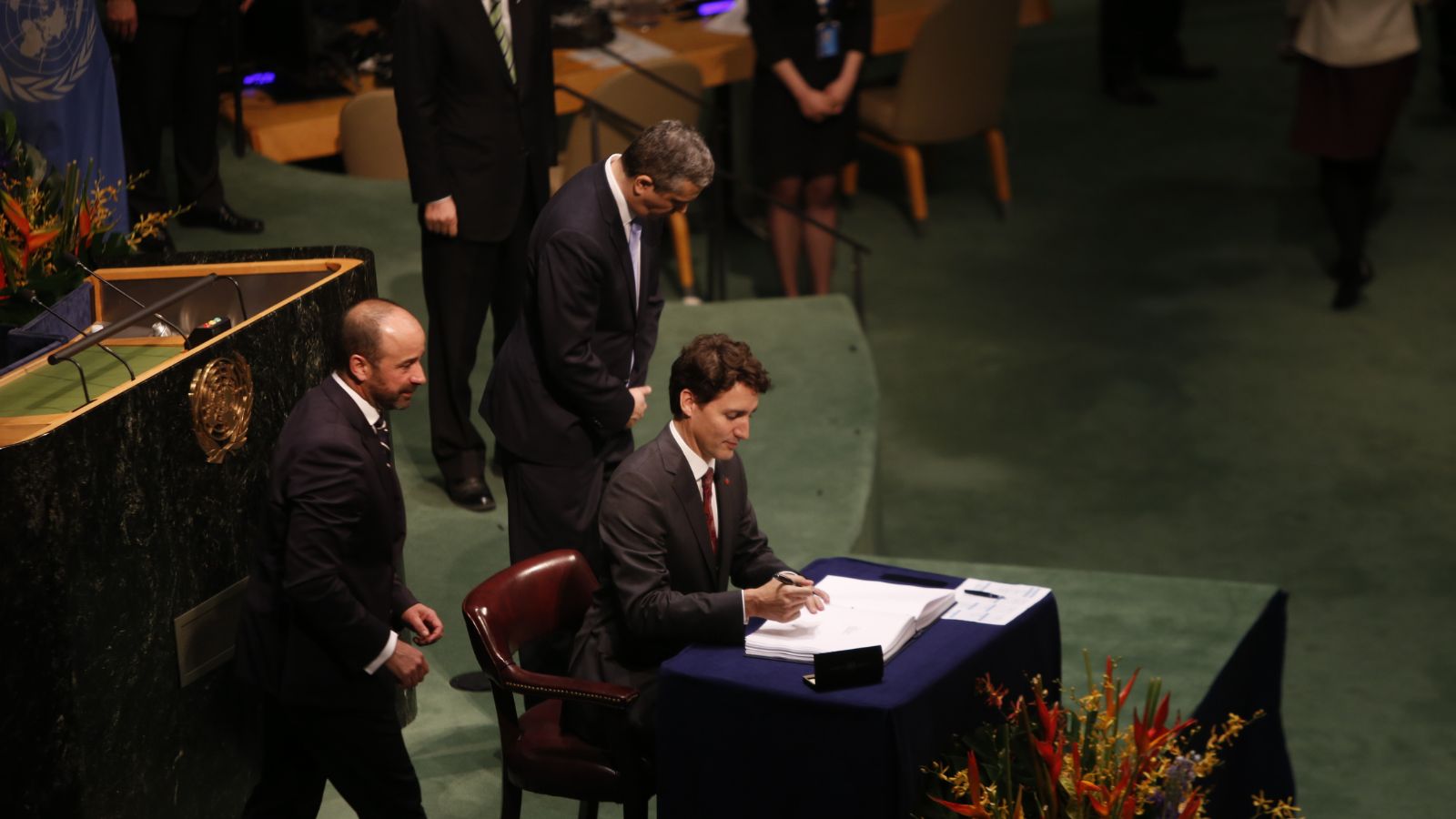
When the U.S. imposed tariffs on steel and aluminium, Canada didn’t lash out. Prime Minister Justin Trudeau responded with measured disappointment and retaliatory tariffs — announced with calm precision. His tone stayed civil, but his policy cut deep. Canada hit back strategically, matching economic pressure with moral clarity. “We will always stand up for Canadians,” he said, never raising his voice. The world saw restraint that commanded respect.
Canada’s Response to Vietnam War Draft Dodgers (1965–1973)
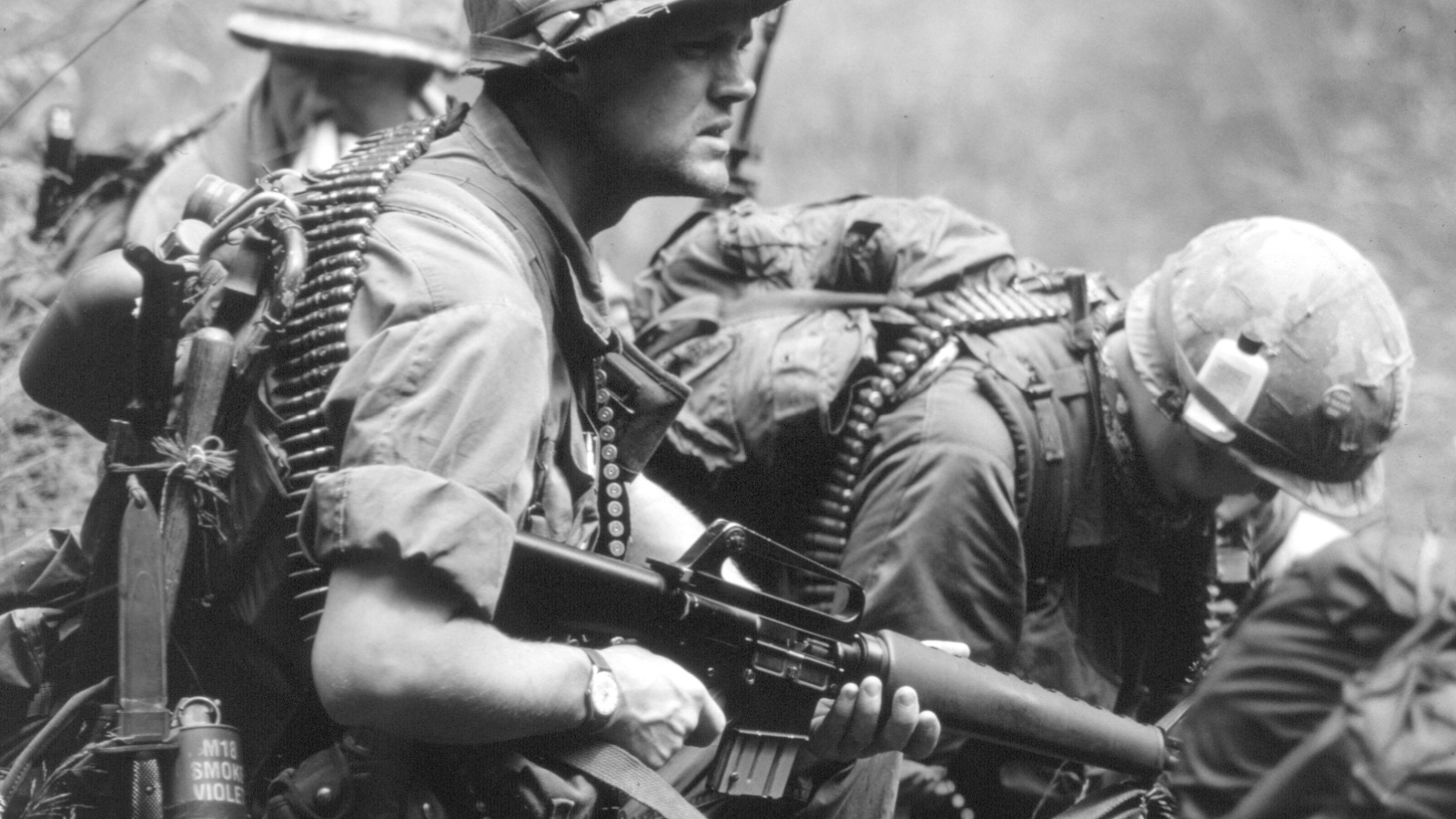
While the U.S. punished dissent, Canada opened its doors. Over 30,000 Americans fled north, greeted with kindness that rewrote both nations’ moral narratives. We didn’t lecture; we welcomed — giving housing, jobs, and refuge. The move was simple compassion with geopolitical bite. Canada didn’t condemn the war; it humanized the aftermath. Decades later, historians still call it the quietest act of protest in modern history. Our message was subtle: you can disagree with power by simply choosing humanity.
The Terry Fox Run — A Nation’s Grace Becomes Global Grit

When Terry Fox began his Marathon of Hope, it was personal. But the nation’s gentle support transformed it into global inspiration. Canadians donated, ran, and cried together, showing the world compassion can mobilize millions. No anger, no agenda — just endurance powered by empathy. The event became international, spreading hope far beyond our borders. Terry’s kindness carried blades sharper than cynicism — cutting through apathy, uniting continents in generosity.
The Inuit Diplomacy Behind Arctic Sovereignty
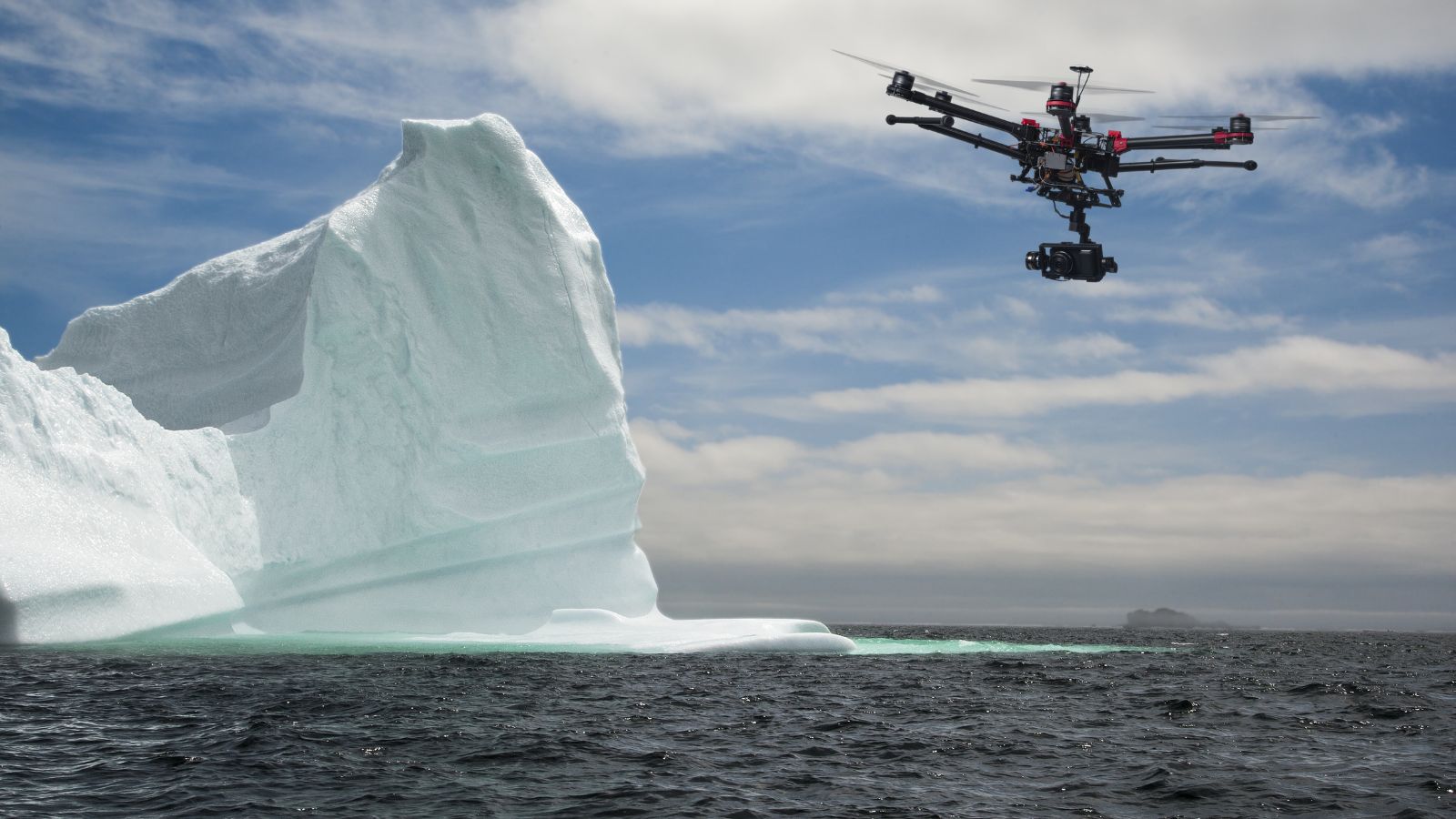
While world powers jostled over Arctic control, Canada turned to the people who knew it best — the Inuit. Instead of military posturing, we listened. Their knowledge of land and ice became our strategy for sovereignty. Every map, treaty, and research mission carried respect first, authority second. It was quiet nation-building through cultural partnership. The message was clear: stewardship beats confrontation. Where others drew borders, Canada built trust — turning ancient wisdom into modern power. That’s what polite strength looks like in polar form.
Canada’s Role in the Rwandan Genocide Response (1994)
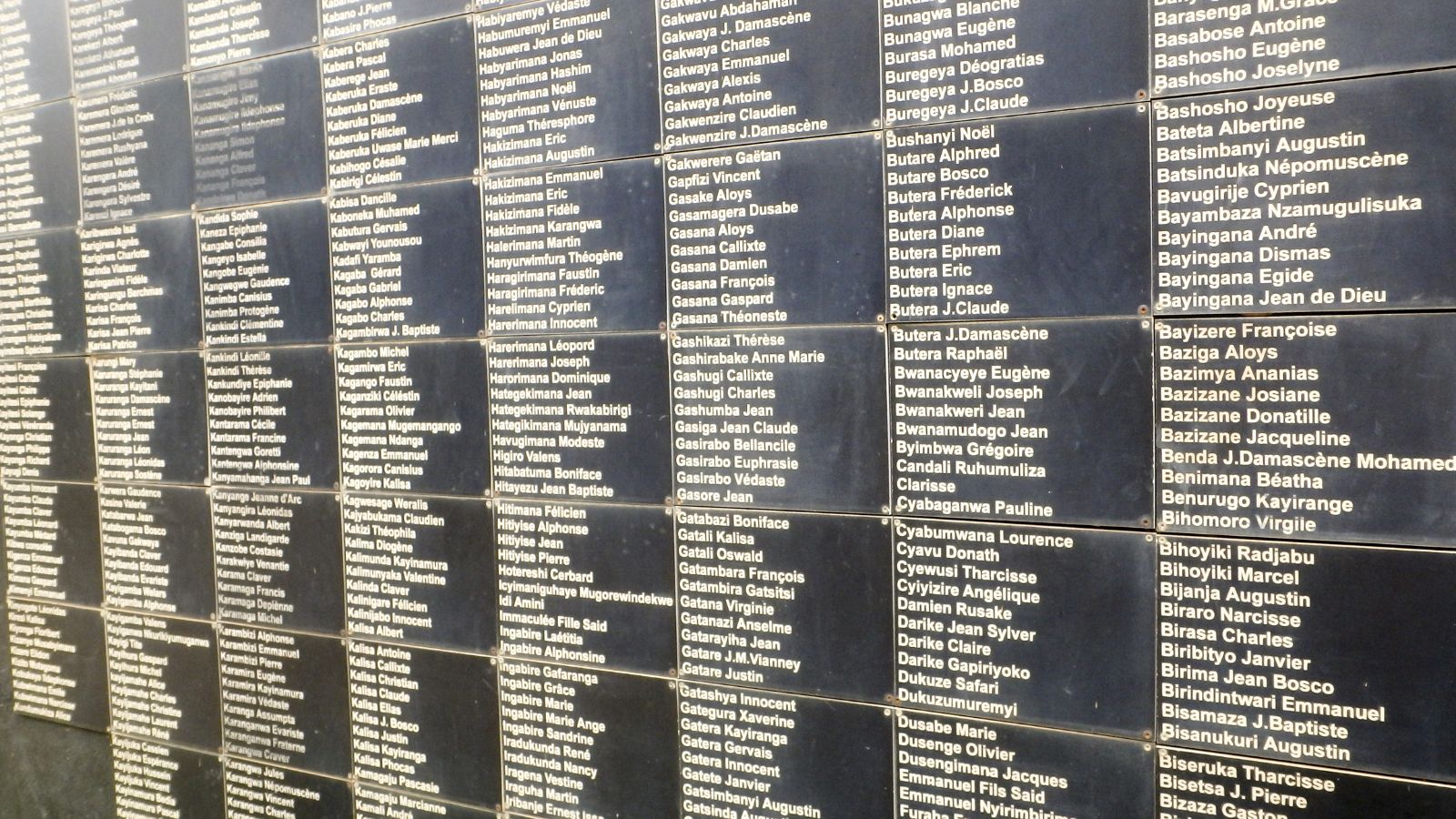
General Roméo Dallaire, leading the UN mission in Rwanda, embodied Canadian decency under impossible horror. His compassion didn’t prevent catastrophe, but it defined humanity within it. Dallaire’s calm resolve saved thousands through diplomacy, negotiation, and moral authority — even when the world looked away. Canada didn’t invade; it bore witness, with courage carved from empathy. His quiet warnings went unheard, but his legacy reshaped peacekeeping ethics forever.
Canada’s Stand on Climate Diplomacy

In global climate talks, most nations choose confrontation or denial. Canada chose composure — using diplomacy instead of drama to build bridges that outlast speeches. Our tone stayed polite, but our persistence was relentless. From Kyoto to Paris, Canadian negotiators acted as translators between ambition and reality. We softened egos, found common ground, and kept the conversation moving when tempers stalled. Rather than lecture, we listened — a radical move in rooms filled with rhetoric. Canada’s calm, data-driven diplomacy turned kindness into leverage.
Canada’s Humanitarian Leadership in Ukraine (2022–Present)

When Russia invaded Ukraine, Canada responded instantly — not with fury, but focus. Aid, arms, and refugees were handled with calm efficiency. Our tone stayed compassionate; our actions, decisive. Planes landed quietly, funds were transferred without fanfare, and families were welcomed into homes. Canada’s message to the world was simple: support can be fierce without aggression. Politeness didn’t weaken our resolve — it amplified it.
The Apology Culture That Holds Nations Accountable

Canada’s habit of saying sorry often draws laughter, but on the world stage, it’s revolutionary. Our national apologies — to Indigenous peoples, Japanese Canadians, residential school survivors — model moral repair without self-destruction. Apology here isn’t surrender; it’s evolution. By owning failure publicly, we gain global credibility privately. Other nations defend their mistakes; we name them. It’s a risky grace, but powerful. Kindness becomes accountability — the sharpest blade of all.
21 Products Canadians Should Stockpile Before Tariffs Hit

If trade tensions escalate between Canada and the U.S., everyday essentials can suddenly disappear or skyrocket in price. Products like pantry basics and tech must-haves that depend on are deeply tied to cross-border supply chains and are likely to face various kinds of disruptions
21 Products Canadians Should Stockpile Before Tariffs Hit
